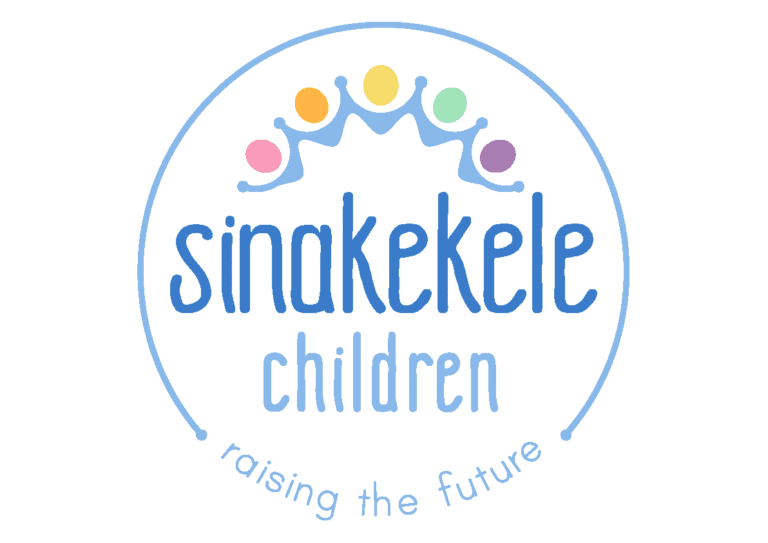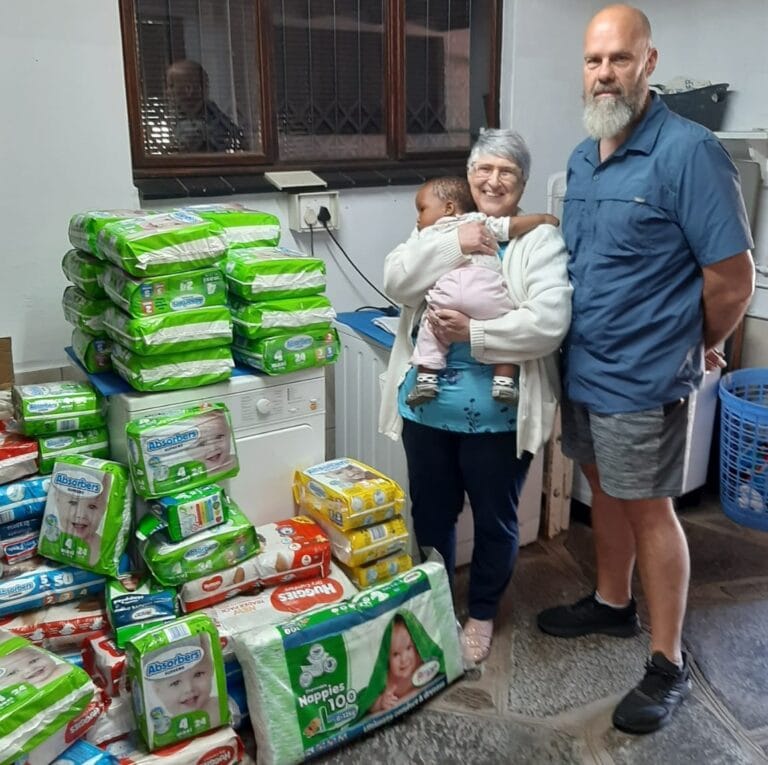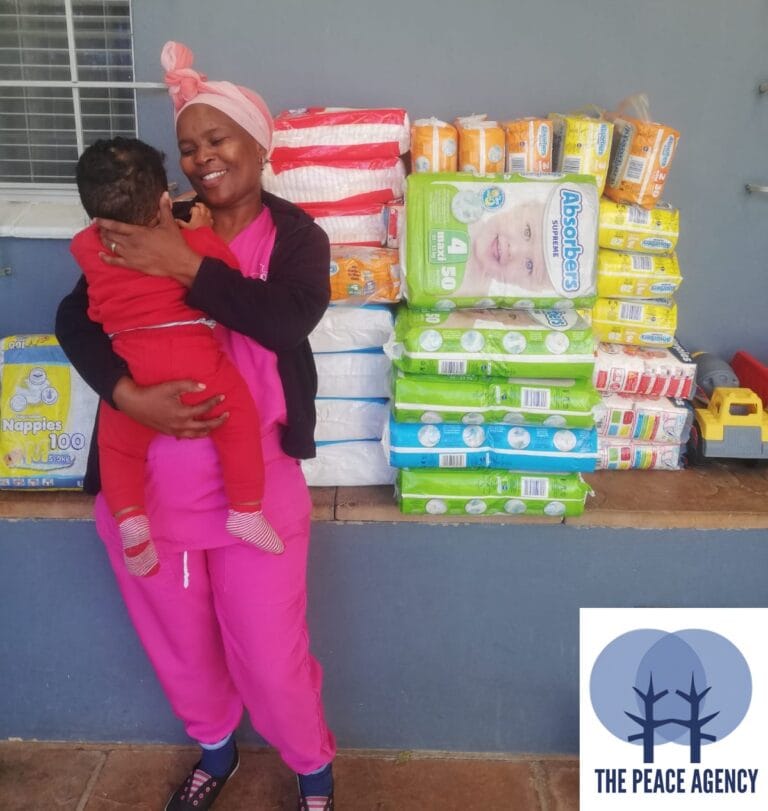Impact measurement framework
Theory of Change:
- Providing quality care, education, and support to orphans will lead to improved life outcomes, including increased educational attainment, employment opportunities, and independent living.
KPIs:
- Number of children enrolled in school
- Graduation rates
- Percentage of children with improved health outcomes
- Number of children placed in foster care or adopted
- Financial sustainability of the orphanage
Data Collection Methods:
- Regular assessments of children’s progress
- Surveys of caregivers and community members
- Financial records
Baseline Data:
- Collect data on children’s circumstances at the time of admission to the orphanage.
Data Analysis and Reporting:
- Track changes in KPIs over time.
- Create annual impact reports highlighting achievements and challenges.
Learning and Adaptation:
- Use data to identify areas where the orphanage can improve its programs and services.
- Share learnings with other organizations working with orphans.
Additional Considerations
- Stakeholder Engagement: Involve beneficiaries, staff, donors, and other stakeholders in the development and implementation of the framework.
- Data Quality: Ensure data is accurate, complete, and reliable.
- Ethical Considerations: Protect the privacy and confidentiality of beneficiaries.
- Long-Term Perspective: Impact measurement is an ongoing process that requires long-term commitment.
By following a structured impact measurement framework, organizations like M-A-D can effectively demonstrate their contributions to society and make data-driven decisions to improve their programs.





